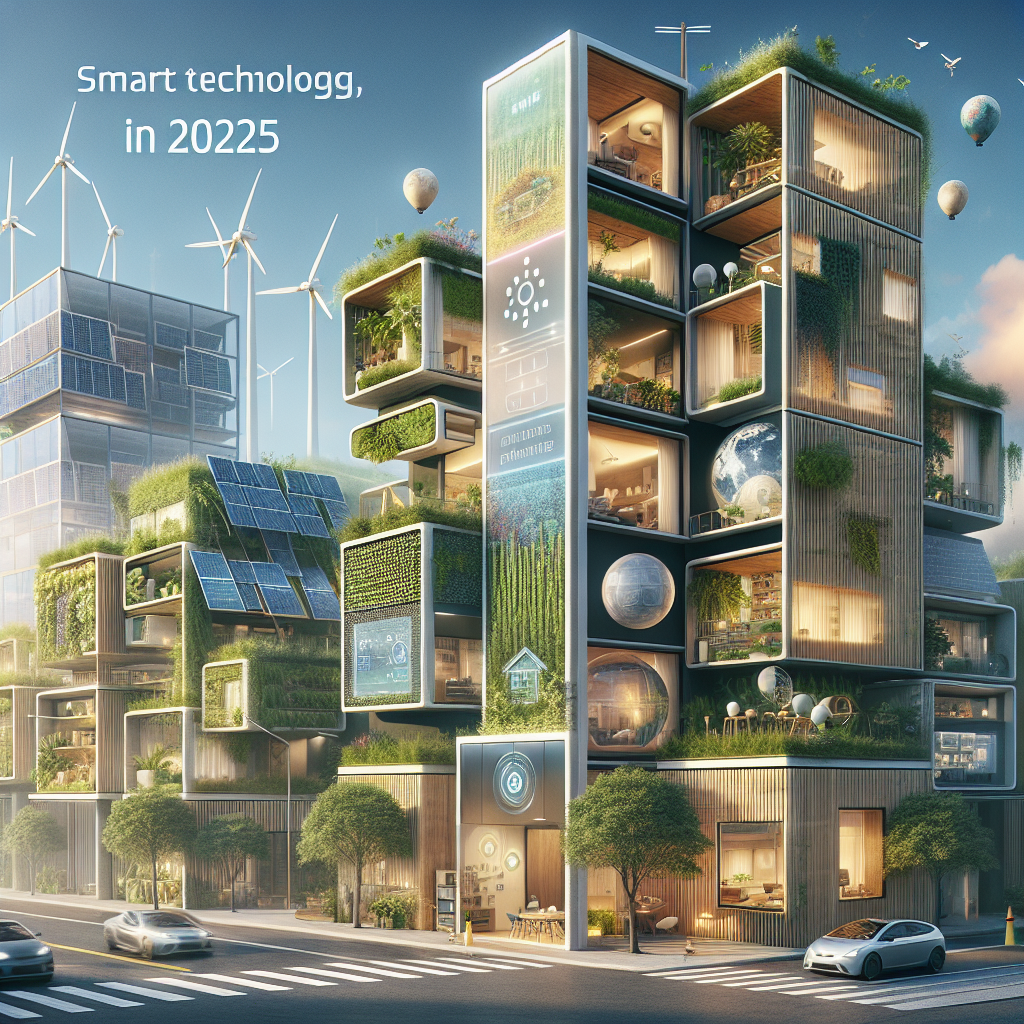Zillow Forecasts 2025 Housing Trends: Merging Sustainability with Technology
As the world continues to grapple with climate change and technological advancements, the housing market is poised for significant transformation. Zillow, a leading real estate marketplace, has released its forecasts for 2025, highlighting a future where sustainability and technology converge to redefine how we live. This article delves into these emerging trends, offering insights into what homebuyers, sellers, and industry professionals can expect in the coming years.
The Rise of Sustainable Housing
With increasing awareness of environmental issues, sustainable housing is no longer a niche market but a mainstream demand. Zillow predicts that by 2025, sustainable features will be a standard expectation for new homes. This shift is driven by several factors:
- Consumer Demand: Homebuyers are increasingly prioritizing eco-friendly features, such as solar panels, energy-efficient appliances, and sustainable building materials.
- Regulatory Changes: Governments worldwide are implementing stricter building codes and offering incentives for green construction, pushing developers to adopt sustainable practices.
- Cost Savings: Energy-efficient homes offer long-term savings on utility bills, making them attractive to cost-conscious buyers.
Case studies from cities like Portland and Austin demonstrate the growing popularity of sustainable housing. In Portland, for instance, the number of homes with solar installations has doubled over the past five years, reflecting a broader trend towards renewable energy adoption.
Technological Integration in Homes
Technology is reshaping the housing landscape, with smart homes becoming increasingly prevalent. Zillow forecasts that by 2025, technology will be seamlessly integrated into everyday living, enhancing convenience, security, and energy efficiency. Key technological trends include:
- Smart Home Devices: From smart thermostats to voice-activated assistants, these devices are becoming standard in modern homes, offering enhanced control and automation.
- Internet of Things (IoT): IoT technology enables interconnected devices to communicate, optimizing energy use and improving home security.
- Virtual Reality (VR) and Augmented Reality (AR): These technologies are revolutionizing real estate by offering virtual tours and immersive experiences for potential buyers.
For example, companies like Nest and Ring have seen significant growth, with their products becoming household staples. Additionally, real estate firms are increasingly using VR to showcase properties, allowing buyers to explore homes remotely.
The Intersection of Sustainability and Technology
The convergence of sustainability and technology is creating innovative solutions that redefine modern living. Zillow highlights several areas where these trends intersect:
- Energy Management Systems: Advanced systems that integrate renewable energy sources with smart technology to optimize energy consumption.
- Green Building Technologies: Innovations such as 3D-printed homes using sustainable materials and modular construction techniques.
- Smart Cities: Urban areas designed with integrated technology and sustainable infrastructure to improve quality of life and reduce environmental impact.
One notable example is the development of smart cities like Masdar City in the UAE, which combines cutting-edge technology with sustainable design to create a blueprint for future urban living.
Conclusion
Zillow’s 2025 housing trends forecast paints a picture of a future where sustainability and technology are not just complementary but essential components of modern living. As consumer preferences shift towards eco-friendly and tech-savvy homes, the real estate industry must adapt to meet these demands. By embracing sustainable practices and integrating advanced technologies, the housing market can not only address environmental challenges but also enhance the quality of life for future generations. As we move towards 2025, the fusion of sustainability and technology will undoubtedly shape the homes of tomorrow, offering exciting opportunities for innovation and growth in the real estate sector.



